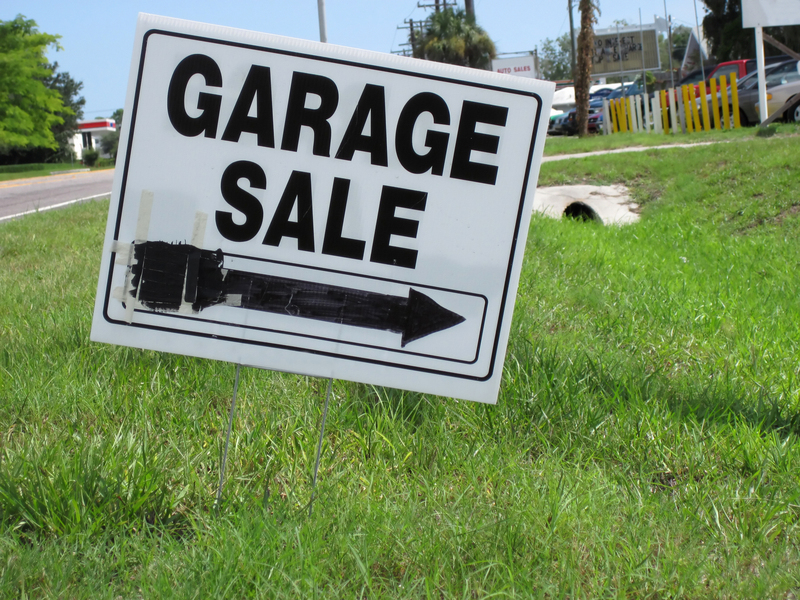Efficiently Manage Green Waste with These Top 10 Tips
Managing green waste effectively is not just beneficial for your garden, but it also contributes to a cleaner environment. With the right strategies, you can convert yard debris and organic waste into valuable resources. This article delves into the top 10 methods to efficiently handle green waste, promoting sustainability and eco-friendliness.
Understanding Green Waste
Before we dive into the tips, it's essential to understand what green waste encompasses. Typically, it includes:
- Grass clippings
- Tree branches and twigs
- Leaves and shrubs
- Garden pruning
- Weeds and flowers
These organic materials are usually generated from garden maintenance and landscaping activities. Effectively managing them helps prevent environmental issues and contributes to sustainable living.

Top 10 Tips to Manage Green Waste Effectively
1. Start a Home Compost
Composting is one of the best ways to handle green waste. It transforms organic materials into valuable compost that enriches the soil. Start by setting up a dedicated compost bin in your garden.
Key benefits: Reduces landfill waste, improves soil quality, and supports plant growth.
2. Practice Grasscycling
Grasscycling involves leaving grass clippings on your lawn after mowing. The clippings decompose naturally, returning essential nutrients like nitrogen to the soil.
Tip: Ensure your mower blades are sharp and mow when the grass is dry to maximize effectiveness.
3. Utilize Mulching
Mulching applies a layer of organic material on soil surfaces, helping conserve moisture, suppress weeds, and enhance garden aesthetics. Mulched leaves and branches serve as excellent organic mulch.
Remember: Spread mulch evenly and avoid piling it directly against plant stems.
4. Implement Worm Farming
Also known as vermicomposting, worm farming uses worms to decompose organic waste, producing compost richer in nutrients than traditional methods.
Benefit: Worm castings are excellent for boosting plant health and promoting vigorous growth.
5. Choose the Right Disposal Methods
In municipalities where green waste collection services are available, utilize these services to ensure waste is processed responsibly. Look for local green waste recycling options in your area.
Tip: Contact local authorities to understand permissible green waste disposal methods.
6. Use a Wood Chipper
For larger branches and shrubs, a wood chipper can convert these into smaller chips that you can use for composting or mulching.
Caution: Always follow safety instructions when operating a wood chipper.
7. Incorporate Bokashi Composting
Bokashi composting involves fermenting waste in a sealed container using beneficial microbes. It's ideal for people with limited outdoor space.
Advantage: Processes a wide range of organic waste efficiently and without foul odors.
8. Create Leaf Mold
Leaf mold results from decomposed leaves and is a superb soil conditioner rich in humus. Pile leaf waste in bags or a corner of your garden to let nature do the work.
Tip: Moisten leaves to hasten decomposition.
9. Seasonal Planning
Organize your garden activities according to seasons to better manage waste generation. For example, prune plants in spring or autumn when you're not overwhelmed with other garden tasks.
Bonus: Utilize excess organic material in different ways based on seasonal needs.
10. Educate and Engage Community
Raising awareness about green waste management can make a significant impact. Conduct workshops or community clean-up events to get neighbors involved in sustainable practices.
Final thought: Collective efforts lead to greater environmental benefits.

Benefits of Proper Green Waste Management
Efficient green waste management provides several advantages:
- Environmental: Reduces landfilling and greenhouse gas emissions.
- Economic: Cuts costs associated with waste disposal and purchases of commercial fertilizers.
- Aesthetic: Maintains a clean and tidy yard.
Conclusion
By implementing these top 10 tips, you can effectively manage green waste, transforming seemingly useless debris into resources that benefit your garden and the environment. Start integrating these practices today, and contribute to a greener and more sustainable planet.